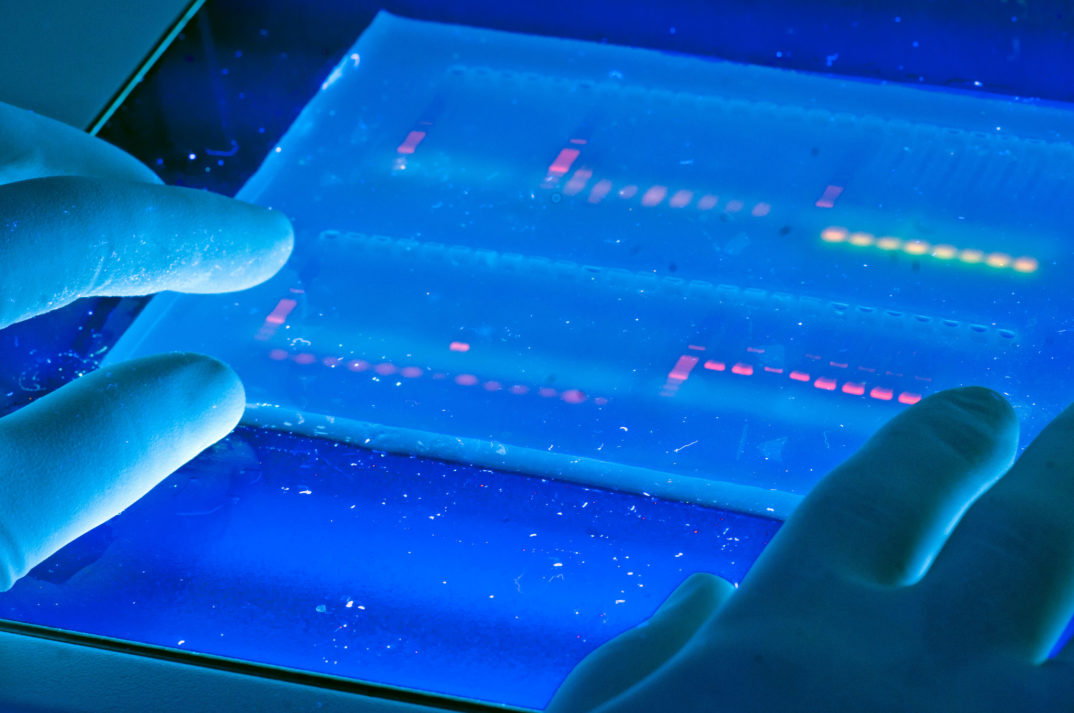As our understanding of the human genome improves, pathways leading in the direction of new and powerful technologies are cleared. In recent years, scientists have developed a new technique called CRISPR, which allows them to edit the genome—adding, subtracting, or deleting pieces of genetic code. This process has the potential to bring about significant changes in human health. CRISPR could prevent children from being born with a wide range of painful or life-threatening conditions. So far, scientists have used this process in attempts to prevent blood disorders, allergies, heart disease, and to mutate the genome in such a way that the resulting person is less likely to get HIV. Continue reading “CRISPR, Moral Obligations and Editing the Human Genome”

